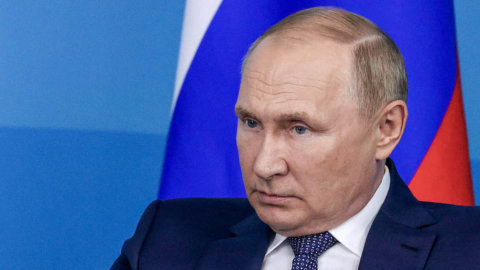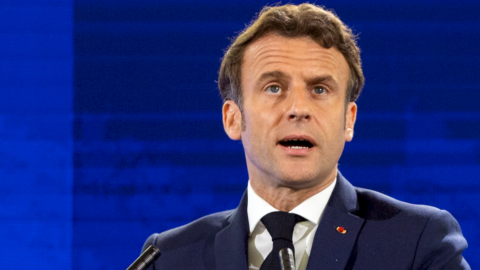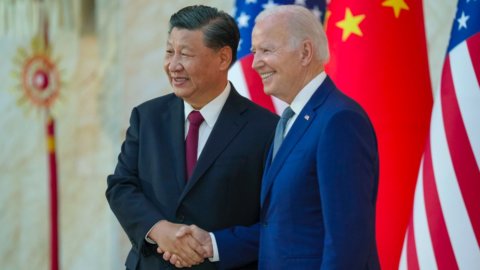Venezuelan President Hugo Chavez died yesterday evening in the military hospital of Caracas due to cancer. Vice President Nicolas Maduro made the announcement on television. “We have received the hardest and most tragic news we could announce to our people. At 16,25 (21,55 in Italy), today 5 March, our commander President Hugo Chavez Frias died,” Maduro said.
Early presidential elections will be held in Venezuela within "the next 30 days". In the meantime, the vice president will assume the interim position. This was announced by Foreign Minister Elias Jaua, assuring that he was following the instructions of the deceased president.
“Now that there is an absolute vacancy (of the presidency) the vice president of the republic assumes the function of president, and an election will be called within the next 30 days. This is the mandate given to us by President Hugo Chavez,” Jaua told Telesur TV.
Chavez entered the military academy in 1975, holding various positions in the army, until his promotion to lieutenant colonel of the paratroopers in 1991. The following year he was among the protagonists of an attempted military coup against the government of President Carlos Andres Perez, but after two years in prison he was pardoned and honorably discharged from the army.
For Chavez it was not the end of his military career, but the beginning of his political career at the head of the Movement for the Fifth Republic, thanks to which he was elected President for the first time in 1998, with 58% of the votes; two years later, he obtained 59% of the preferences in a referendum of "legitimization of all powers".
However, popular and military discontent led to an attempted coup d'état which resulted in the alleged resignation of the President and his arrest on April 12, 2002: the day after violent popular demonstrations in Caracas put the transitional government in crisis, and some generals sided with Chavez, justifying themselves with the absence of a formal resignation by the President.
The coup failed and in a few hours Chavez was back in the saddle, passing – despite the opposition's accusations of fraud – even an impeachment referendum held on August 15, 2004, to then be re-elected in 2006 with 62% of the votes.
In 2011 he was diagnosed with a tumor in the pelvic area, a disease that forced him to undergo numerous surgeries in Havana, but did not prevent him from running for a third and victorious term last August, albeit with a significantly lower percentage of preferences than to the past.
The disappearance of Chavez raises various questions from an economic point of view, above all with regard to oil, of which Venezuela is a major exporter. At the moment, oil prices remain stable.





